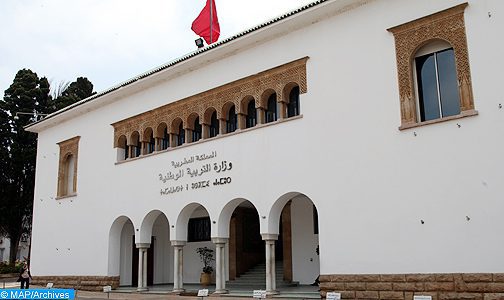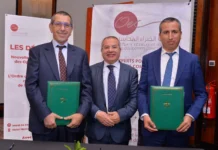The evolution of the epidemiological situation is one of the challenges to be addressed in anticipation of the start of the school and academic year, scheduled on Friday, September 10, said the Ministry of national education, vocational training, higher education and scientific research.
The school year 2021/2022, held under the slogan “for an educational renaissance with a view to improving the quality of teaching”, will effectively begin on September 10 for preschool, elementary, middle and high schools, in addition to specialized technician classes. For university freshmen, an academic year which is entirely remotely conducted “is not the most desirable”, particularly in the context of the Bachelor, which requires additional autonomy and organization, explained the ministry.
As of this year, students will be able to enroll in around fifty Bachelor courses, all disciplines combined, in both public and private universities, the department said, noting that the launch of these courses, which will be generalized starting the 2022 school year, also poses the challenge of a profound change in the educational model with the adoption of hybrid teaching, flipped classroom and interactive pedagogy.
The Bachelor system is meant to train a graduate in soft-skills, foreign languages and digital technology and enable him to understand the job market and succeed in professional integration, it added. Higher education and vocational training are undoubtedly fundamental levers for the promotion and development of young people, but so are the potentials and opportunities of the job market.
“Our challenge is therefore both to better train young people, but also to create growth in order to increase job opportunities,” it concluded.





